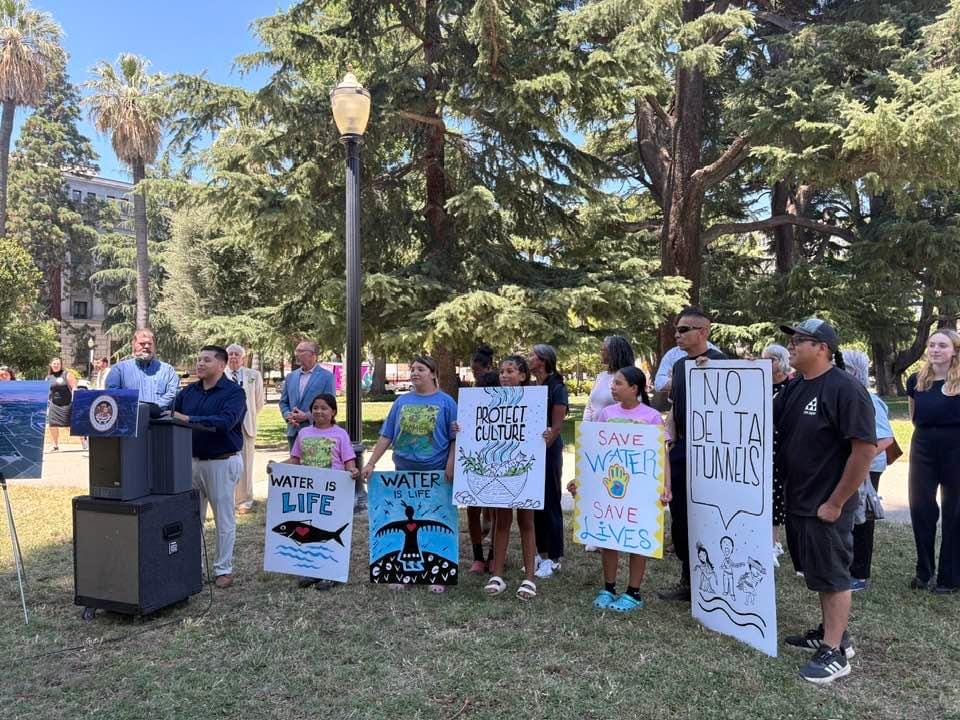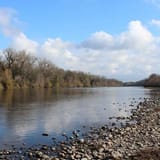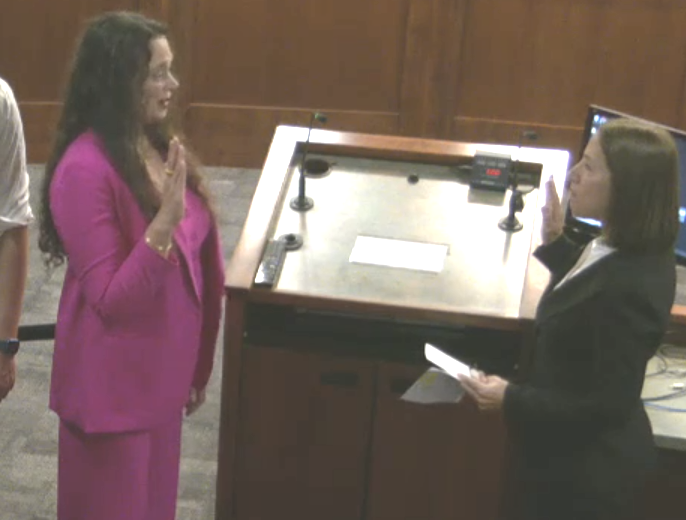Legislative Committee Will Reconsider Full Audit of DWR Spending on Delta Tunnel
Bill Wells, Executive Director of the California Delta Chambers and Visitors Bureau, emphasized the enormous impact that building the Delta Tunnel would have on the region’s recreational economy.





